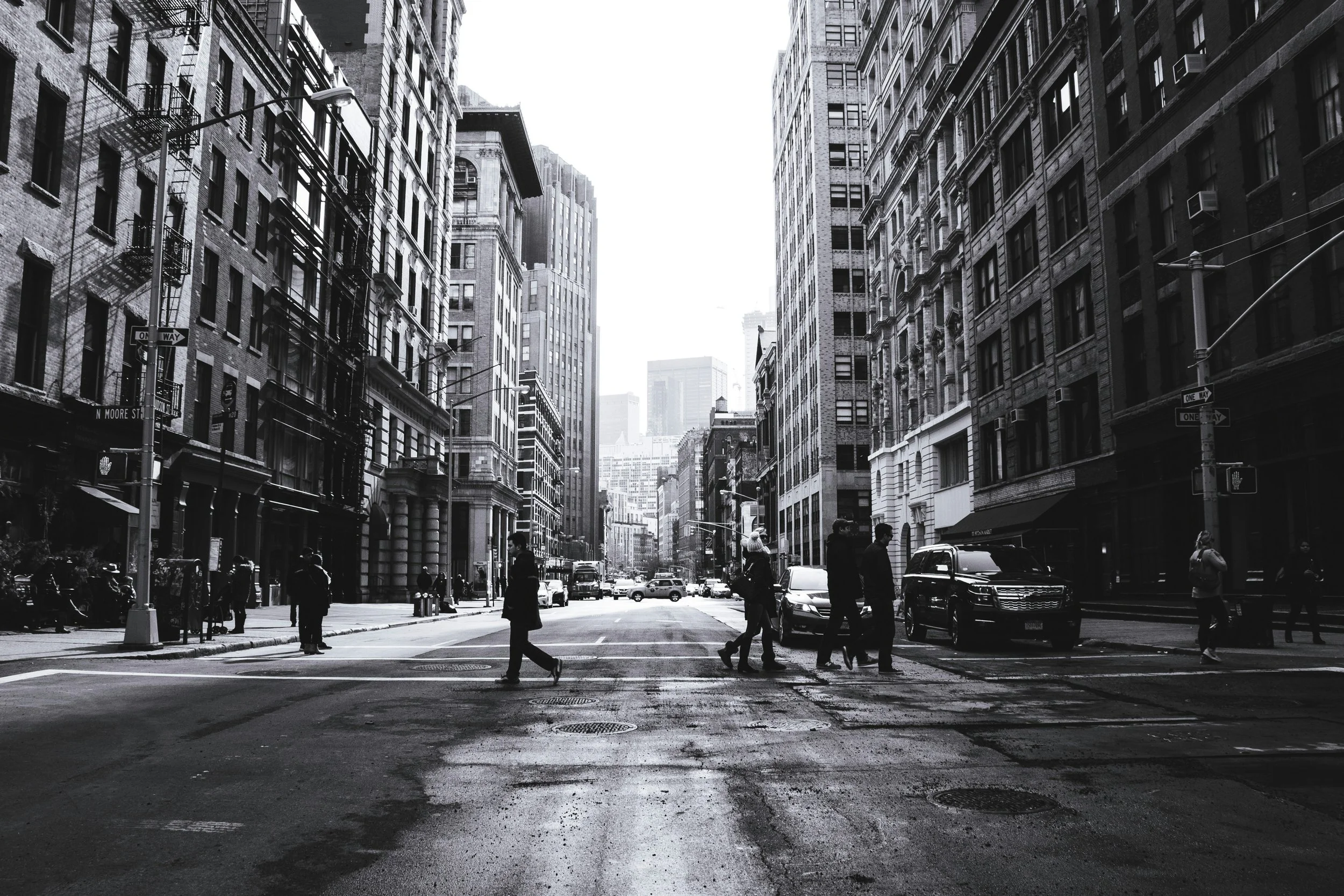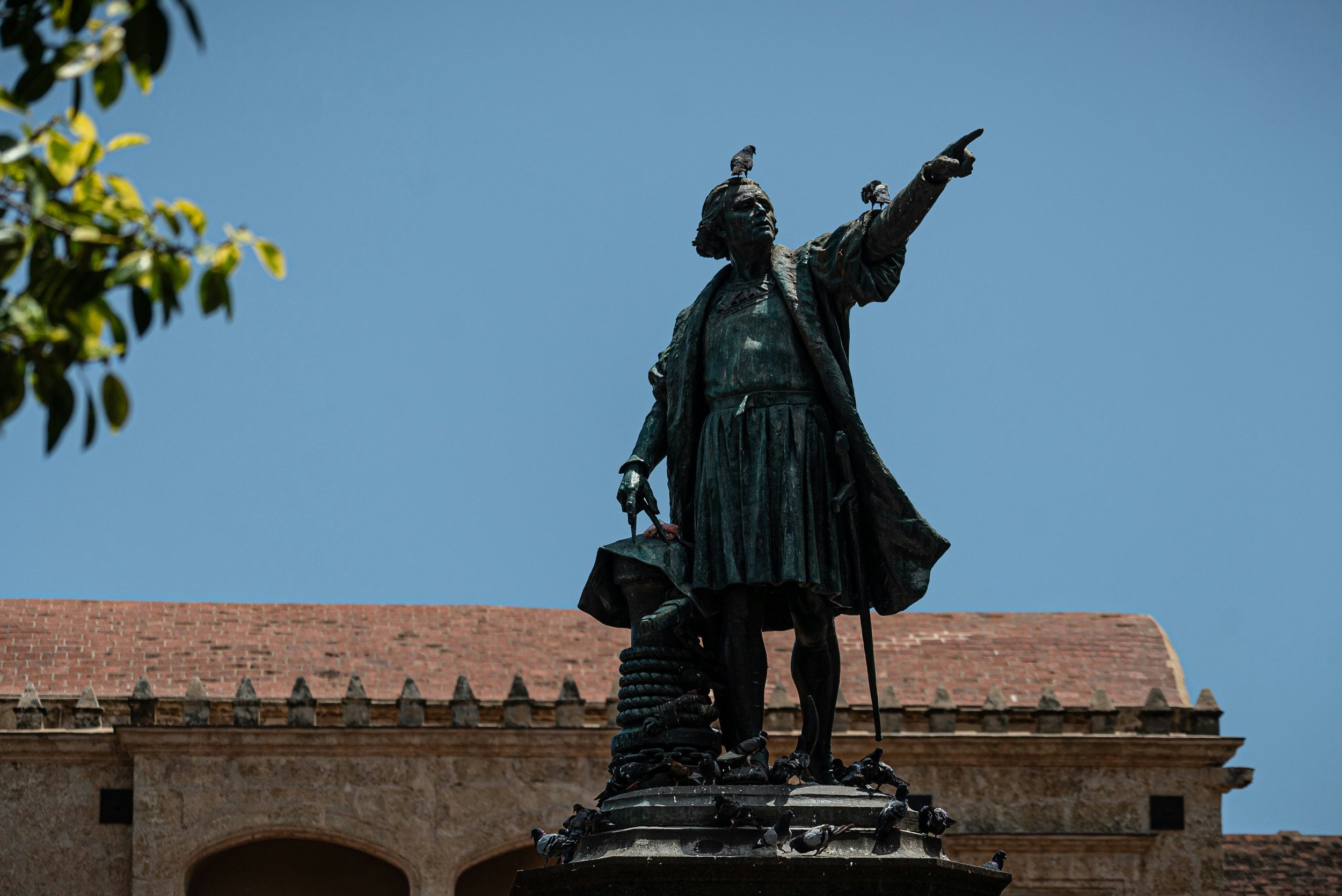
What It Means to Heal the Ghosts We Carry Within
When my grandfather died, grief arrived in ways I didn’t expect. It wasn’t only about losing him—it was about seeing how family history showed up in the days that followed. Relatives traveled over states and countries, trying to gather, booking flights, sending messages back and forth. Some of us were able to come together, others not. The distances weren’t just about geography; they were about years of migration, work that pulled people away, and histories of upheaval. Anyone who has lived far from family knows this truth: distance is rarely measured in miles alone.

Your Story Matters: Immigration, Trauma, and the Journey Toward Healing
Imagine stepping into a country where the language feels like a locked door and the culture an ever-shifting landscape. It’s the late 1950s. A young man arrives in New York City - not with a visa, but by quietly choosing not to return to the cargo ship that brought him here. He rents a room in the Lower East Side, leaves home only at night, and tucks a newspaper under his arm to appear fluent in a language he cannot read. He takes whatever work he can find. He meets someone. He becomes a husband. A father. A provider.
Was this your father’s story? Your grandmother’s? Is it your own?

Break the Stigma: Mental Health Matters in Every Community
We can’t afford to keep sweeping things under the rug. In real time, we are in a state of collective exhaustion. Inflation is making it hard for families to stay afloat, racial tensions continue to rise, and communities of color are still fighting for basic rights and recognition. Add in the impact of constant police brutality, mass shootings, and political unrest, and you’ve got a mental health crisis that’s hard to ignore.

Why History Told Accurately Matters
Christopher Columbus, once regarded as a towering symbol of American heroism, is now widely recognized as a far more complicated and problematic figure. For generations, he was celebrated in the United States as the brave explorer who "discovered" America, his story woven into the fabric of national identity. However, this narrative conveniently set aside the brutal realities of colonization, disease, and devastation that followed his arrival. As more people confront the historical truths surrounding Columbus’s legacy, an important shift has begun to take place. Many are now rejecting the myths and choosing to honor Indigenous Peoples’ Day instead of Columbus Day, acknowledging the ongoing harm his legacy represents.
